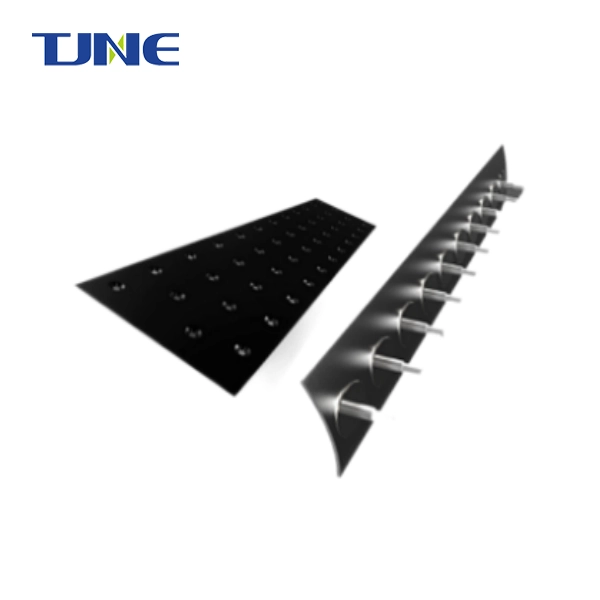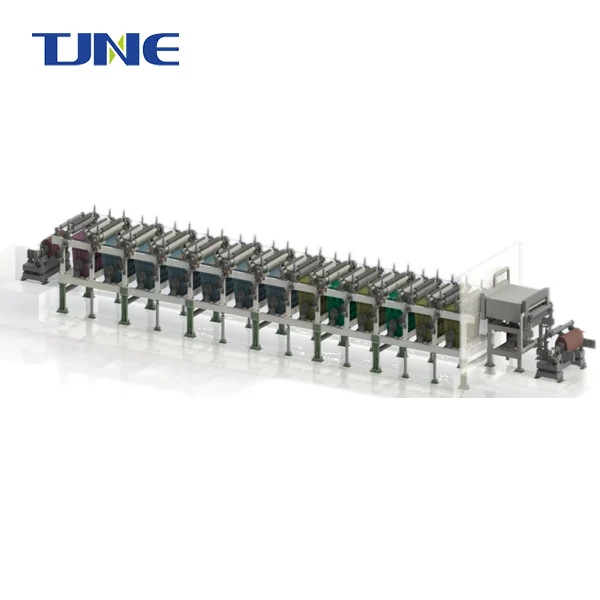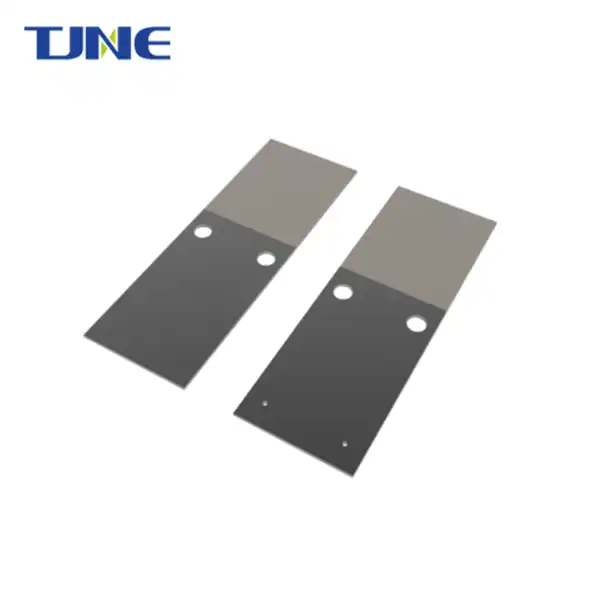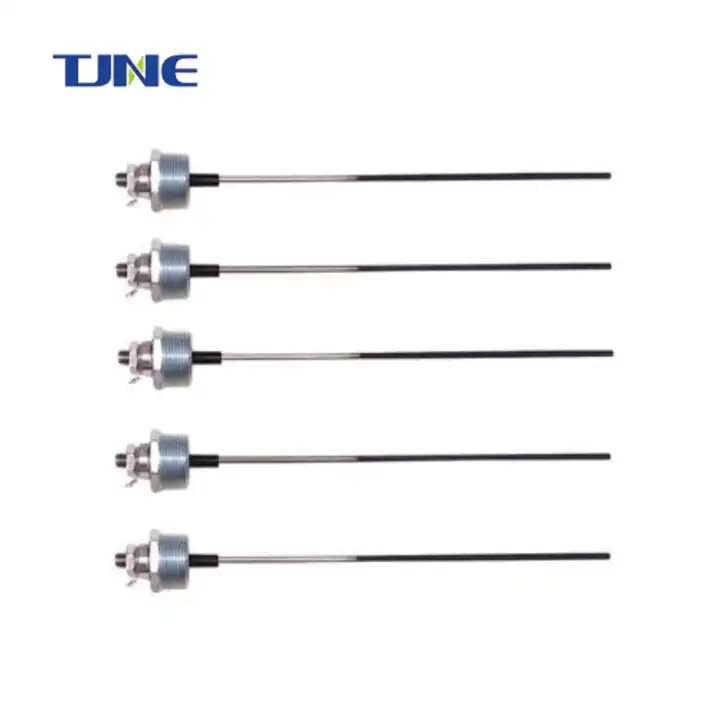- English
- French
- German
- Portuguese
- Spanish
- Russian
- Japanese
- Korean
- Arabic
- Greek
- German
- Turkish
- Italian
- Danish
- Romanian
- Indonesian
- Czech
- Afrikaans
- Swedish
- Polish
- Basque
- Catalan
- Esperanto
- Hindi
- Lao
- Albanian
- Amharic
- Armenian
- Azerbaijani
- Belarusian
- Bengali
- Bosnian
- Bulgarian
- Cebuano
- Chichewa
- Corsican
- Croatian
- Dutch
- Estonian
- Filipino
- Finnish
- Frisian
- Galician
- Georgian
- Gujarati
- Haitian
- Hausa
- Hawaiian
- Hebrew
- Hmong
- Hungarian
- Icelandic
- Igbo
- Javanese
- Kannada
- Kazakh
- Khmer
- Kurdish
- Kyrgyz
- Latin
- Latvian
- Lithuanian
- Luxembou..
- Macedonian
- Malagasy
- Malay
- Malayalam
- Maltese
- Maori
- Marathi
- Mongolian
- Burmese
- Nepali
- Norwegian
- Pashto
- Persian
- Punjabi
- Serbian
- Sesotho
- Sinhala
- Slovak
- Slovenian
- Somali
- Samoan
- Scots Gaelic
- Shona
- Sindhi
- Sundanese
- Swahili
- Tajik
- Tamil
- Telugu
- Thai
- Ukrainian
- Urdu
- Uzbek
- Vietnamese
- Welsh
- Xhosa
- Yiddish
- Yoruba
- Zulu
Electronic titanium anode rods have revolutionized the water heater industry by offering a more durable and efficient alternative to traditional sacrificial anodes. These innovative components are designed to protect water heaters from corrosion, extending their lifespan and improving overall performance. The composition of electronic titanium anode rods is a crucial factor in their effectiveness and longevity. Unlike conventional magnesium or aluminum anodes, electronic titanium anodes are made primarily of titanium, a highly corrosion-resistant metal, combined with other elements to enhance their protective properties.
How do electronic titanium anode rods work in water heaters?
Electronic titanium anode rods function differently from traditional sacrificial anodes, employing a unique electrochemical process to protect water heaters from corrosion. The core of an electronic titanium anode rod is composed of a titanium substrate, which serves as the base material due to its exceptional resistance to corrosion. This titanium core is typically coated with a mixed metal oxide (MMO) layer, often consisting of iridium, ruthenium, or other noble metals.
The key to the functionality of electronic titanium anode rods lies in their ability to generate a small electrical current. This is achieved through a low-voltage power supply connected to the anode rod. When activated, the power supply sends a weak electrical current through the titanium rod and into the water. This current creates an electrochemical reaction that alters the water's pH level near the tank's walls, effectively preventing corrosion.
The process works by producing hydroxyl ions (OH-) at the surface of the anode rod. These ions raise the pH of the water in the immediate vicinity of the tank walls, creating an alkaline environment that is unfavorable for corrosion to occur. Additionally, the electrical current helps to break down dissolved minerals in the water, preventing them from adhering to the tank walls and forming scale buildup.
One of the significant advantages of electronic titanium anode rods is their ability to provide consistent protection throughout the entire tank. Unlike sacrificial anodes that gradually dissolve over time, electronic anodes maintain their effectiveness as long as they are powered. This ensures uniform protection and eliminates the need for frequent replacements.
Moreover, electronic titanium anode rods are particularly effective in combating aggressive water conditions. In areas with hard water or high mineral content, these anodes can significantly extend the life of water heaters by mitigating the effects of mineral buildup and corrosion. They are also beneficial in softened water systems, where traditional magnesium anodes may dissolve too quickly.
The composition of the mixed metal oxide coating on electronic titanium anodes is crucial to their performance. The noble metals used in this coating, such as iridium and ruthenium, are chosen for their stability and ability to catalyze the electrochemical reactions necessary for corrosion protection. These metals do not readily dissolve or react with the water, ensuring the longevity of the anode rod.
What are the benefits of using titanium anode rods over traditional materials?
The use of titanium in electronic anode rods offers numerous advantages over traditional materials like magnesium or aluminum. These benefits stem from titanium's unique properties and the innovative design of electronic anode systems.
Firstly, titanium's exceptional corrosion resistance is a primary advantage. Unlike magnesium or aluminum anodes that sacrifice themselves to protect the tank, titanium anodes remain intact. This durability translates to a longer lifespan for the anode rod itself, reducing the frequency of replacements and maintenance. In fact, many electronic titanium anode rods are designed to last the entire lifetime of the water heater, which can be up to 20 years or more.
The composition of electronic titanium anodes also contributes to improved water quality. Traditional sacrificial anodes, particularly those made of magnesium, can sometimes impart a metallic taste or odor to the water as they dissolve. They may also contribute to the buildup of sediment at the bottom of the tank. Titanium anodes, being non-sacrificial, do not introduce any metals into the water supply, helping to maintain clean, odor-free water.
Another significant benefit is the versatility of electronic titanium anodes in different water conditions. While magnesium anodes may dissolve too quickly in soft water and aluminum anodes might not provide adequate protection in hard water, electronic titanium anodes perform consistently across various water types. This makes them an ideal choice for areas with challenging water conditions or for homeowners who use water softeners.
The composition and design of electronic titanium anodes also contribute to energy efficiency. By preventing scale buildup and corrosion more effectively than traditional anodes, they help maintain the efficiency of the water heater. Scale formation on heating elements or tank walls can significantly reduce heat transfer efficiency, leading to increased energy consumption. The consistent protection offered by electronic titanium anodes helps maintain optimal heat transfer, potentially reducing energy bills over time.
Furthermore, the use of titanium in these anodes aligns with environmental considerations. The longevity of titanium anodes means fewer replacements over the life of the water heater, reducing waste. Additionally, as they don't dissolve into the water, they don't contribute to increased metal content in wastewater systems.
The composition of electronic titanium anodes also allows for more compact designs compared to traditional anodes. This can be particularly beneficial in smaller water heaters or in situations where space is at a premium. The smaller size doesn't compromise effectiveness, thanks to the active nature of the protection provided.
Lastly, the use of titanium and noble metal coatings in these anodes contributes to their reliability. The stable nature of these materials means that the performance of the anode remains consistent over time, providing peace of mind to homeowners and reducing the need for frequent inspections or replacements.
How long do electronic titanium anode rods last compared to conventional anodes?
The longevity of electronic titanium anode rods is one of their most significant advantages over conventional anodes. This durability is directly related to their unique composition and mode of operation. To understand the lifespan difference, it's important to compare them with traditional sacrificial anodes.
Conventional magnesium or aluminum anodes typically last between 3 to 5 years, depending on water conditions and usage. These anodes work by sacrificing themselves to protect the tank, gradually dissolving over time. The rate of dissolution can vary greatly depending on water hardness, temperature, and the volume of water used. In particularly aggressive water conditions, a conventional anode might need replacement in as little as 1 to 2 years.
In contrast, electronic titanium anode rods are designed to last significantly longer. Many manufacturers claim that these anodes can last for the entire lifespan of the water heater, which is typically 10 to 15 years, and in some cases up to 20 years or more. This extended lifespan is due to several factors related to their composition and operation.
The core of an electronic titanium anode is made of titanium, a metal known for its exceptional corrosion resistance. Unlike sacrificial anodes, titanium does not dissolve or erode away over time. The titanium substrate remains intact throughout the life of the anode, providing a stable base for the protective electrochemical reactions.
The mixed metal oxide coating on the titanium core, typically composed of noble metals like iridium or ruthenium, is also highly durable. These metals are chosen for their stability and their ability to catalyze the necessary electrochemical reactions without being consumed in the process. The stability of this coating contributes significantly to the longevity of the anode.
The electronic nature of these anodes also plays a crucial role in their extended lifespan. Instead of relying on the gradual dissolution of the anode material, electronic titanium anodes use a low-voltage current to create a protective environment within the tank. This method of protection doesn't deplete the anode material, allowing it to continue functioning effectively for many years.
However, it's important to note that while the titanium and noble metal components of these anodes are extremely durable, the electronic components may have a finite lifespan. The power supply unit, which provides the necessary current for the anode's operation, may need replacement or maintenance over time. Many manufacturers design these units to be easily replaceable, ensuring that the overall system can continue to function even if one component needs attention.
The longevity of electronic titanium anodes also depends on proper installation and maintenance. While they require less frequent attention than conventional anodes, periodic checks of the power supply and connections are recommended to ensure optimal performance. Some advanced models even come with self-diagnostic features that can alert homeowners to any issues, further extending the effective lifespan of the system.
In terms of cost-effectiveness, the initial investment in an electronic titanium anode system is typically higher than that of a conventional anode. However, when considering the reduced need for replacements and the potential for extended water heater life, electronic titanium anodes often prove to be more economical in the long run. This is particularly true in areas with hard water or other challenging water conditions where conventional anodes might require frequent replacements.
The extended lifespan of electronic titanium anodes also has environmental implications. Fewer replacements mean less waste and reduced resource consumption over time. Additionally, the consistent protection they provide can help maintain the efficiency of the water heater, potentially reducing energy consumption and associated environmental impacts.
In conclusion, the composition of electronic titanium anode rods plays a crucial role in their functionality, benefits, and longevity. These innovative devices represent a significant advancement in water heater protection technology, offering superior corrosion resistance, consistent performance across various water conditions, and exceptional durability. While they may require a higher initial investment, their long-term benefits in terms of reduced maintenance, improved water quality, and potential energy savings make them an attractive option for many homeowners and businesses. As water heater technology continues to evolve, electronic titanium anodes are likely to play an increasingly important role in ensuring the longevity and efficiency of these essential appliances.
If you are interested in the products of Xi'an Taijin New Energy Technology Co., Ltd., please contact yangbo@tjanode.com.
References:
1. Schweitzer, P. A. (2010). Fundamentals of Corrosion: Mechanisms, Causes, and Preventative Methods. CRC Press.
2. Revie, R. W., & Uhlig, H. H. (2008). Corrosion and Corrosion Control: An Introduction to Corrosion Science and Engineering. John Wiley & Sons.
3. Davis, J. R. (2000). Corrosion: Understanding the Basics. ASM International.
4. Lister, D. H., & Lister, D. (2003). Water Treatment Technology for Industrial and Power Plant Cooling Water. Wiley-VCH.
5. Roberge, P. R. (2008). Corrosion Engineering: Principles and Practice. McGraw-Hill Education.
6. Fontana, M. G. (2005). Corrosion Engineering. Tata McGraw-Hill Education.
7. Marcus, P. (2011). Corrosion Mechanisms in Theory and Practice. CRC Press.
8. Shreir, L. L., Jarman, R. A., & Burstein, G. T. (1994). Corrosion: Metal/Environment Reactions. Newnes.
9. Stansbury, E. E., & Buchanan, R. A. (2000). Fundamentals of Electrochemical Corrosion. ASM International.
10. Jones, D. A. (1996). Principles and Prevention of Corrosion. Prentice Hall.












